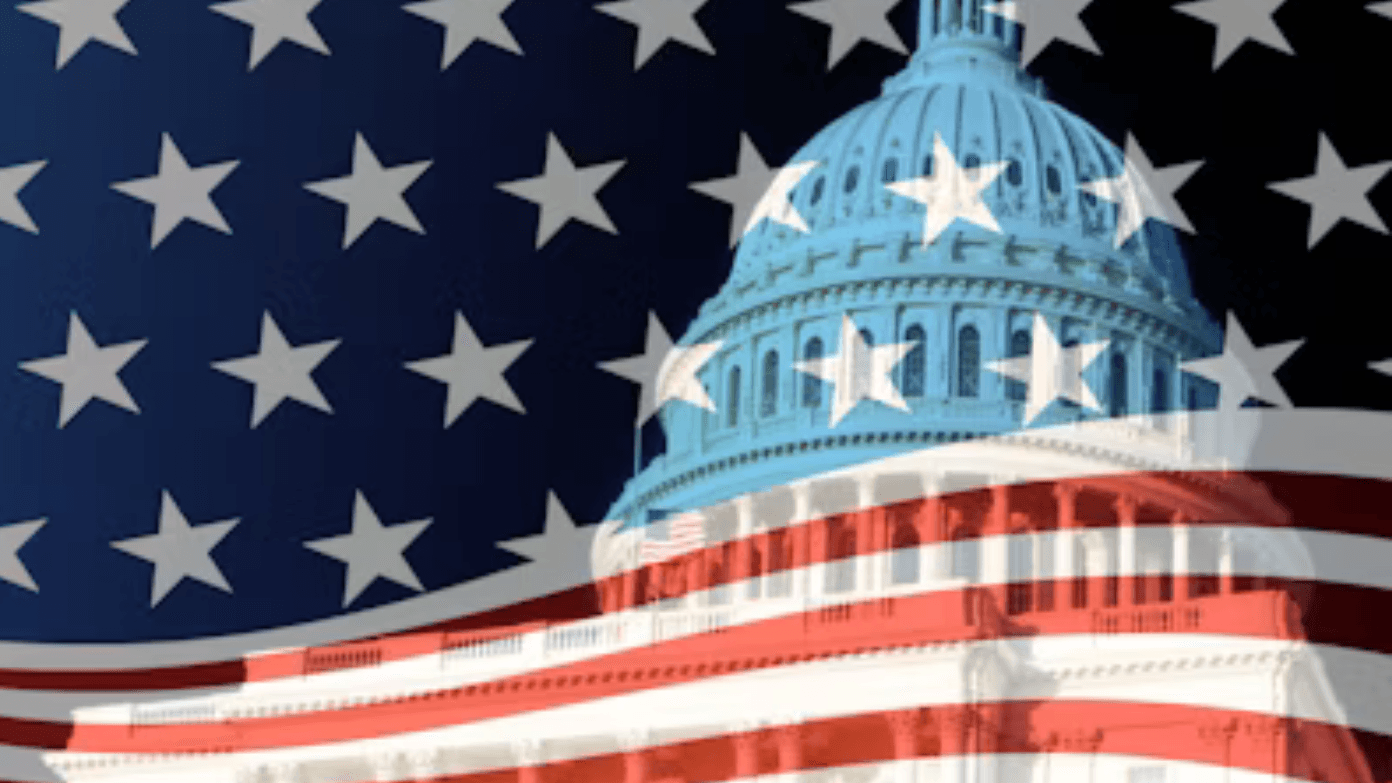New scrutiny of Department of Veterans Affairs (VA) health billing comes after taxpayers were found to have paid millions of dollars twice for the same. By a recent data-sharing agreement, VA and the Centers for Medicare & Medicaid Services (CMS) uncovered duplicate payments and launched recovery efforts — but broader oversight loopholes are still to be plugged, with calls for additional reforms.
Decades-long oversight failures
For years, private providers billed VA and Medicare equally for the same services they furnished to dually enrolled veterans. In 1979, a Government Accountability Office report first brought Medicare-VA billing duplications to the government’s attention, but no sufficient prevention efforts were implemented until many decades later.
As a result, an estimated $106 million in excess payments accumulated in the shadows.
Recovering $106 million in duplicate payments
In July 2025, VA and CMS published a data-matching program that analyzed six years’ worth of billing information for roughly 5.9 million dually enrolled veterans. The agencies identified $106 million in duplicate payments — money paid twice for the same care episodes. Under the agreement:
- Providers who were paid those overpayments are being asked to repay more money.
- Real-time data sharing is intended to flag overlapping claims in real time.
- Recovery efforts started in July, with VA billing letters sent to providers who were overpaid.
“Through collaboration, we can reduce waste and ensure benefits actually assist veterans and seniors, not merely add to paperwork,” said CMS Administrator Dr. Mehmet Oz.
HHS OIG report highlights
An April 2023 Health and Human Services Office of Inspector General (HHS OIG) audit found even more duplicate payments in the VA-Medicare system. Medicare paid $128 million in excess for nearly 300,000 claims that were previously covered by VA from 2017 through 2021, primarily for visits and exams. The report faulted the overpayments on insufficient data sharing and controls between CMS and VA:
- CMS lacked systems for detecting VA-covered services.
- VA did not consistently inform providers to bill VA in place of Medicare.
- CMS has since pledged a data-sharing pact with VA to reduce future overlap.
Financial impact on taxpayers and veterans
These uncovered overpayments are only the beginning of possible waste. Beyond the $106 million brought back in the recent VA-CMS review, the HHS OIG audit finds systemic vulnerabilities that may lead to hundreds of millions of duplicate federal spending. To taxpayers, every duplicated payment translates into fewer dollars for vital veteran services. To veterans, billing misunderstanding jeopardizes benefits access and causes administrative burden when providers seek recovery.
Strengthening watch: New initiatives in the pipeline
Encouraged by these exposures, lawmakers and regulators are demanding additional reforms:
- Legislative proposals: Bipartisan legislation would permit VA to bill private Medicare Advantage plans directly for the care provided, closing a loophole that twice funnels taxpayer money to pay for the same treatment.
- GAO oversight: Congress has asked the Government Accountability Office to monitor the progress of the VA-CMS partnership and recommend additional protections.
- Enhanced data systems: VA is computerizing its billing system to be entirely compatible with CMS records, with the aim of automatic flags in real time when a claim is submitted to both agencies.
- Provider education: VA and CMS are planning coordinated outreach to third-party providers about proper billing practice and non-compliance penalties.
Challenges perpetuated
Despite recent success, challenges persist:
- Incompatible records: VA and CMS operate on separate electronic health records that complicate data matching and claims adjudication.
- Rural access: Veterans who live in remote areas are reliant on third-party providers; proper billing is essential to facilitate care continuity.
- Provider compliance: Recovery depends on provider compliance; VA and CMS will need to apply penalties on recalcitrant overbillers.
“As long as government programs operate in silos, improper payments will slip through the cracks,” VA Secretary Doug Collins warned. The new measures are a step in the right direction toward accountability, but continued vigilance is necessary to protect veteran care and taxpayer dollars.
This VA and CMS billing administration consolidation promises to eliminate wasteful redundant payments. Yet legislative initiatives, technological advances, and provider involvement will be essential in driving longer-term changes that stretch every dollar to benefit the veterans they have earned.
Read more: Do I need to enroll in Medicare at 65 if I’m a veteran or military retiree with Tricare?
Read more: Goodbye to dental pain for veterans in Kansas City: dentists step up to fill gaps in coverage

